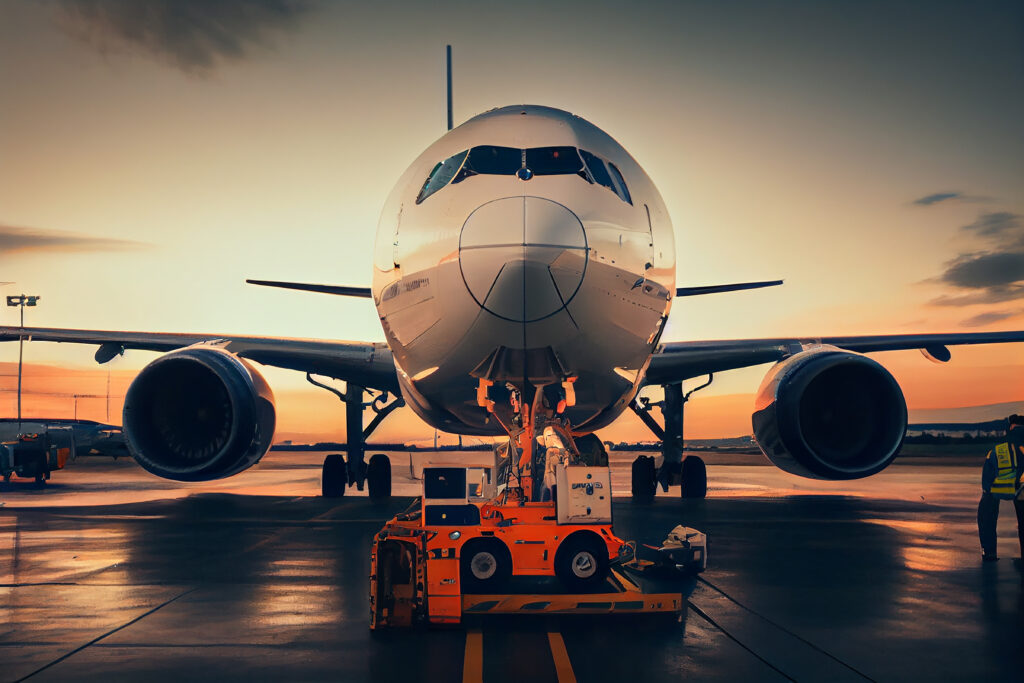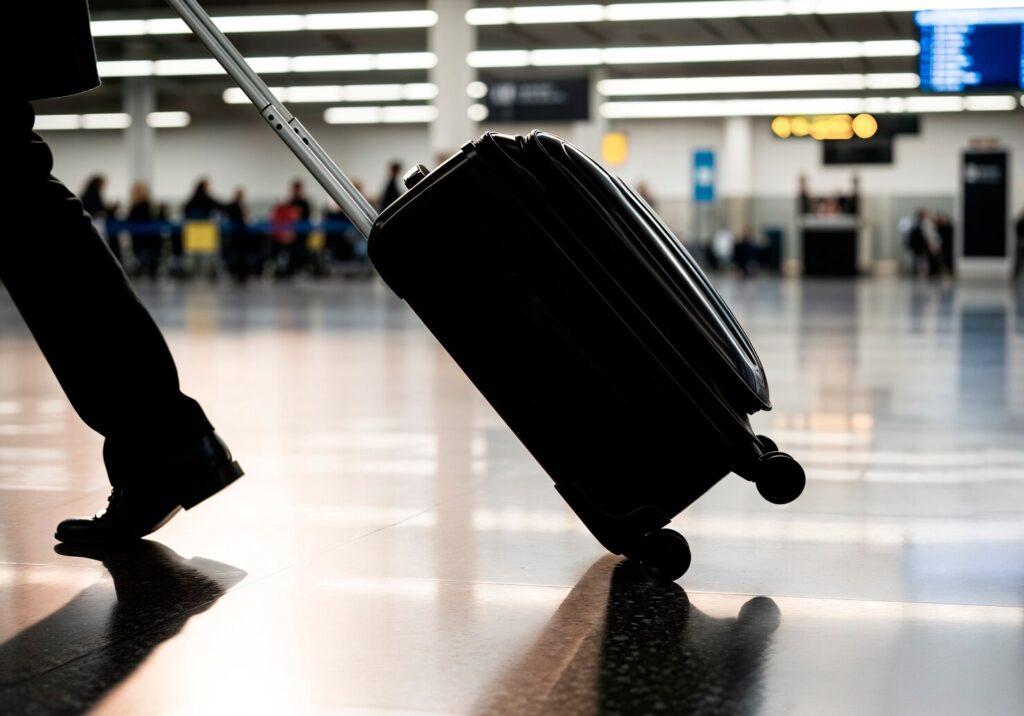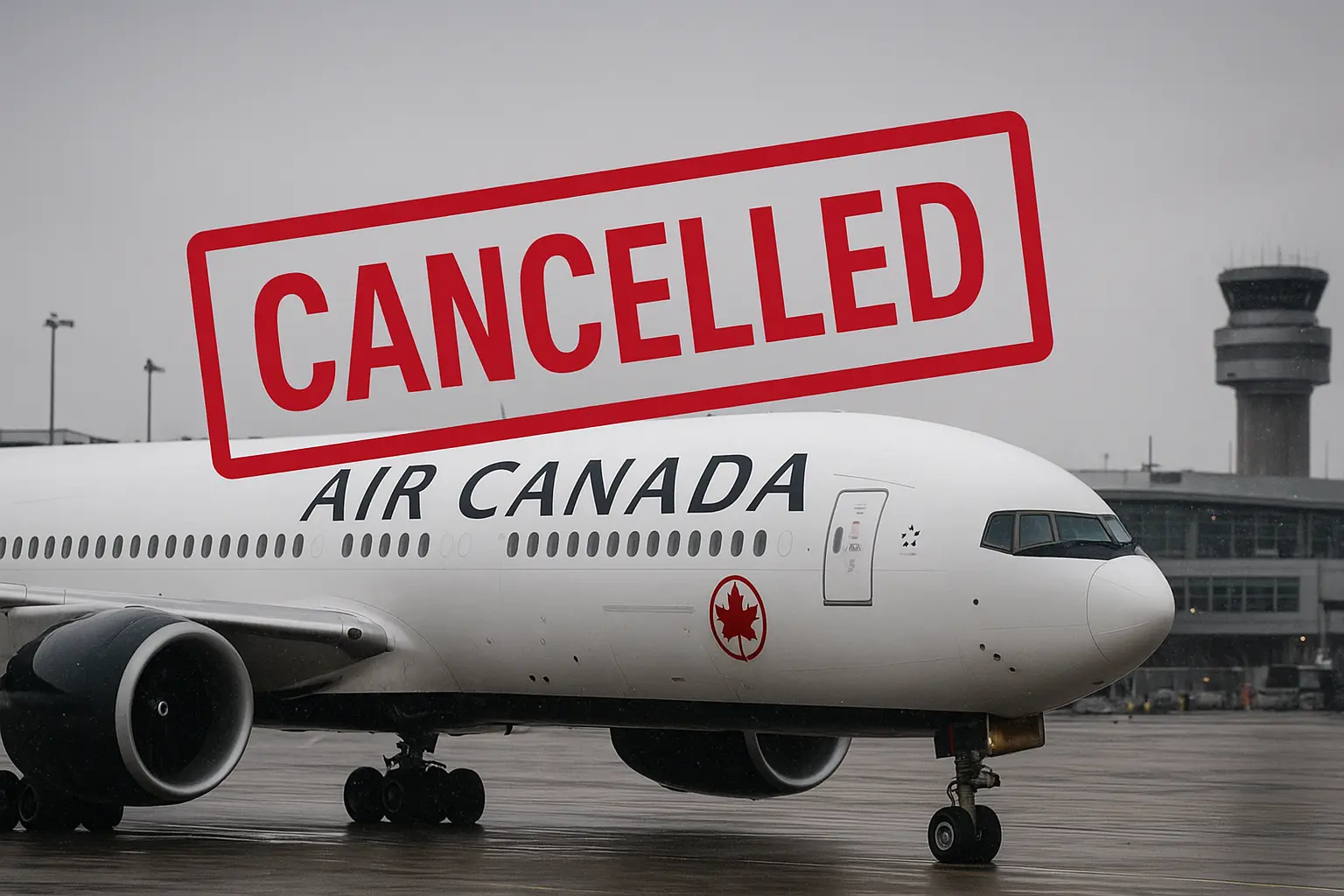August 21, 2025 | Dubai, UAE: Backed by 10,000 members of the Canadian Union of Public Employees, Air Canada flight attendants have refused to end the strike, deemed unlawful by the Canada Industrial Relations Board. Started on August 16, it has led to massive flight cancellations, grounding operations of Air Canada and its intermediary Air Canada Rouge. The action has resulted in thousands of people being stranded domestically and internationally.
Clash of Mandates, Suffering of People
The Canadian Union of Public Employees (CUPE) demanded a 72-hour strike, succeeded by a blockade from Air Canada. The union remains standstill despite the mediation orders and back-to-work mandates, asking for impartial pay for duties. It includes ground pay for onboarding and safety checks and measures. This deadlock has been the reason for the cancellation of 2,600 flights affecting more than 5,00,000 passengers.

For multiple travelers, the sudden stoppage has become more than a nuisance. Families have missed graduations, weddings, and students have been delayed for admissions and entering international universities. Travelers have missed business trips, faced financial losses, and incurred losses.
Unions Firm Stand Against Legal Rulings
CUPE continues its efforts despite the declaration of the strike being illegal. Even if the union faces legal repercussions or probable fines, they are willing to continue their efforts to demand fair pay. CUPE President Mark Hancock said,” If it means folks like me going to jail, then so be it.” Negotiations are being called by Prime Minister Mark Carney and Labour Minister Patty Hajdu to resume the functioning of Air Canada.
The government has been in an intricate position trying to manage the enforcement of labor laws while also de-escalating the situational crisis. Ottawa is in the process of choosing a mediator to negotiate and solve the issue, but it has yet to be decided. Analysts and experts believe that the outcome of the negotiation will mark how Canada manages other industrial actions in critical sectors.

Affecting Travel and Related Operations
The impact of the blockade has been outrageously appalling. Airports across Canada and other global points are facing the issue of thousands of people being grounded. On a high-impact day, people up to 1,30,000 are being affected altogether per day. Air Canada is providing reissuing of tickets and credits, but due to the labour dispute, the compensation rules may vary.
The tourism sector and other hospitality industries are also facing the wave of the crisis. Hotels and inns near airports report mass cancellations, while Canadian exporters are relying on cargo shipments. Travel agencies also believe that the holiday schedules are going to be abysmal and in dismay. With this, the ripple effect continues for weeks.
Core Issues: Funds and Industry Standards
Flight attendants are corroborating that their wages have been compromised and fall way behind industrial compliance and standards. Although Air Canada has increased it to 38% over four years, the union contends that these are insufficient to sustain a living and ground duty pay. The union asks for equal compensation, highlighting that U.S. Carriers and other companies compensate for onboarding and pre-flight work. A higher cost of living and other necessary expenses have led to these strikes across the globe over recent years.

There is no stoppage of the strike against the legal impasse, and it has skyrocketed to another level, spotlighting the urgency of flight attendants in flight operations and procedures. As the news of Air Canada flights being cancelled circulates, the stakes rise for both the airline and passengers. This crisis urges providing equitable wages and pay that recognize all work to be equal, with proper negotiation to solve the issue quickly.
Also Read: Ramadan 2026 Expected to Begin On February 17














